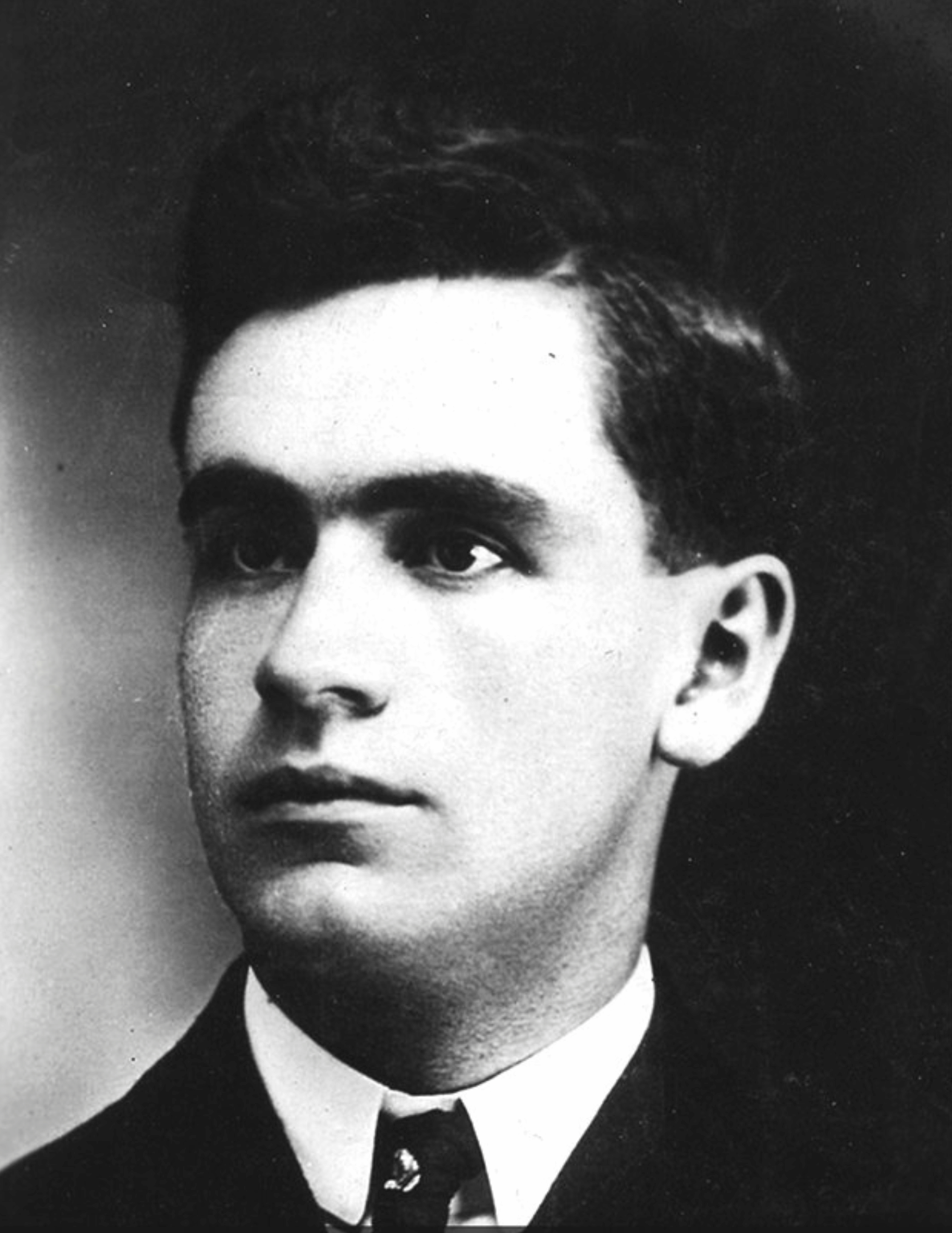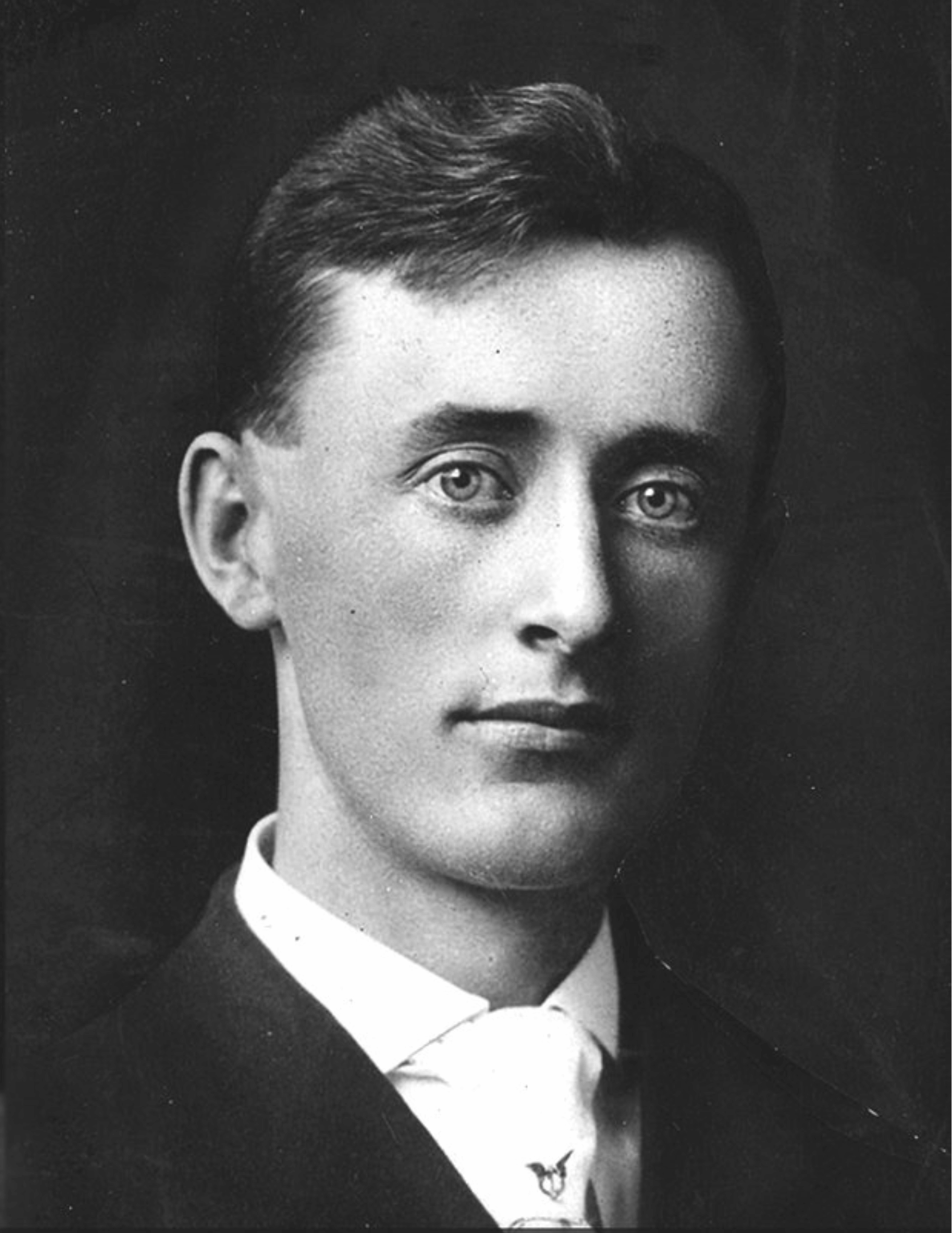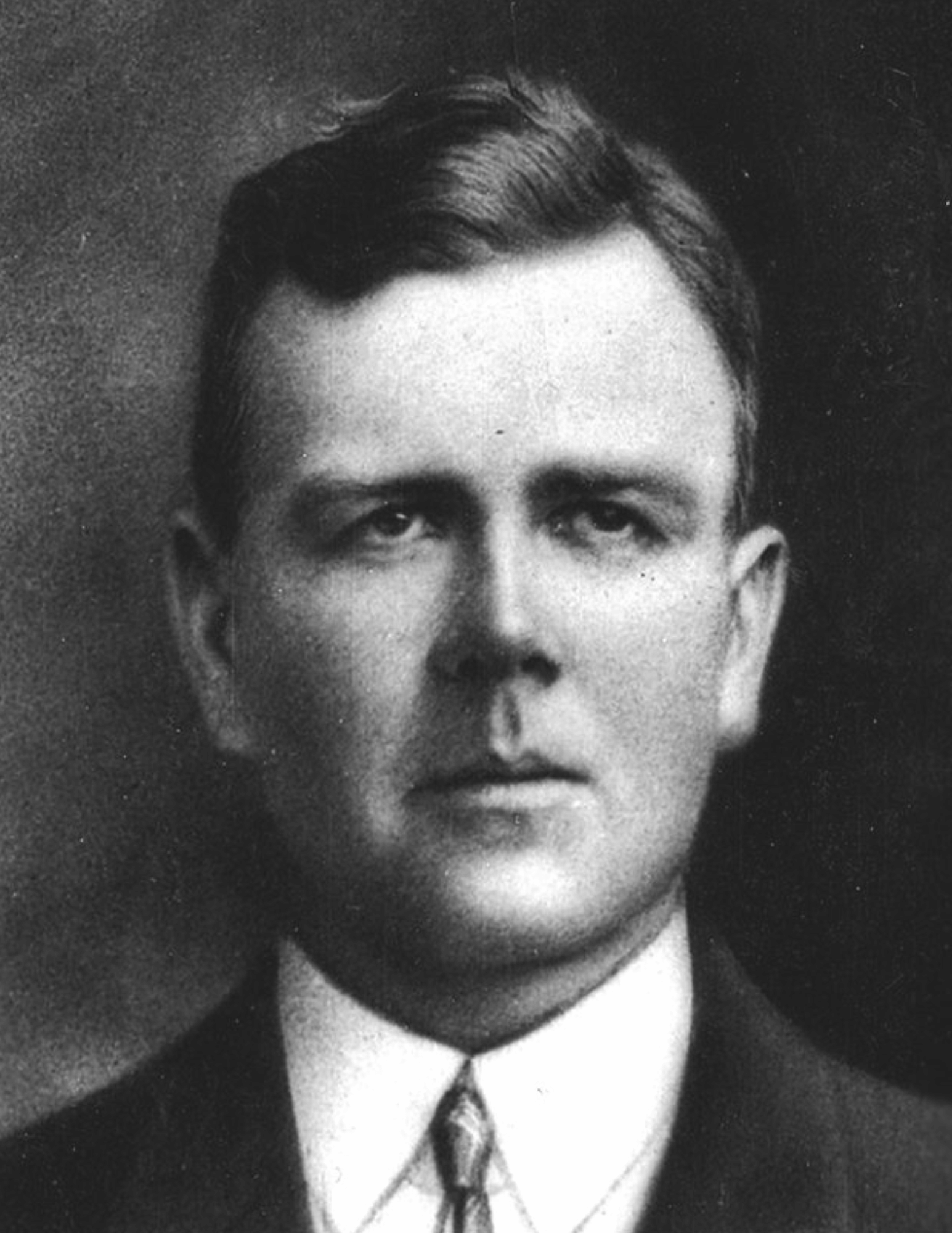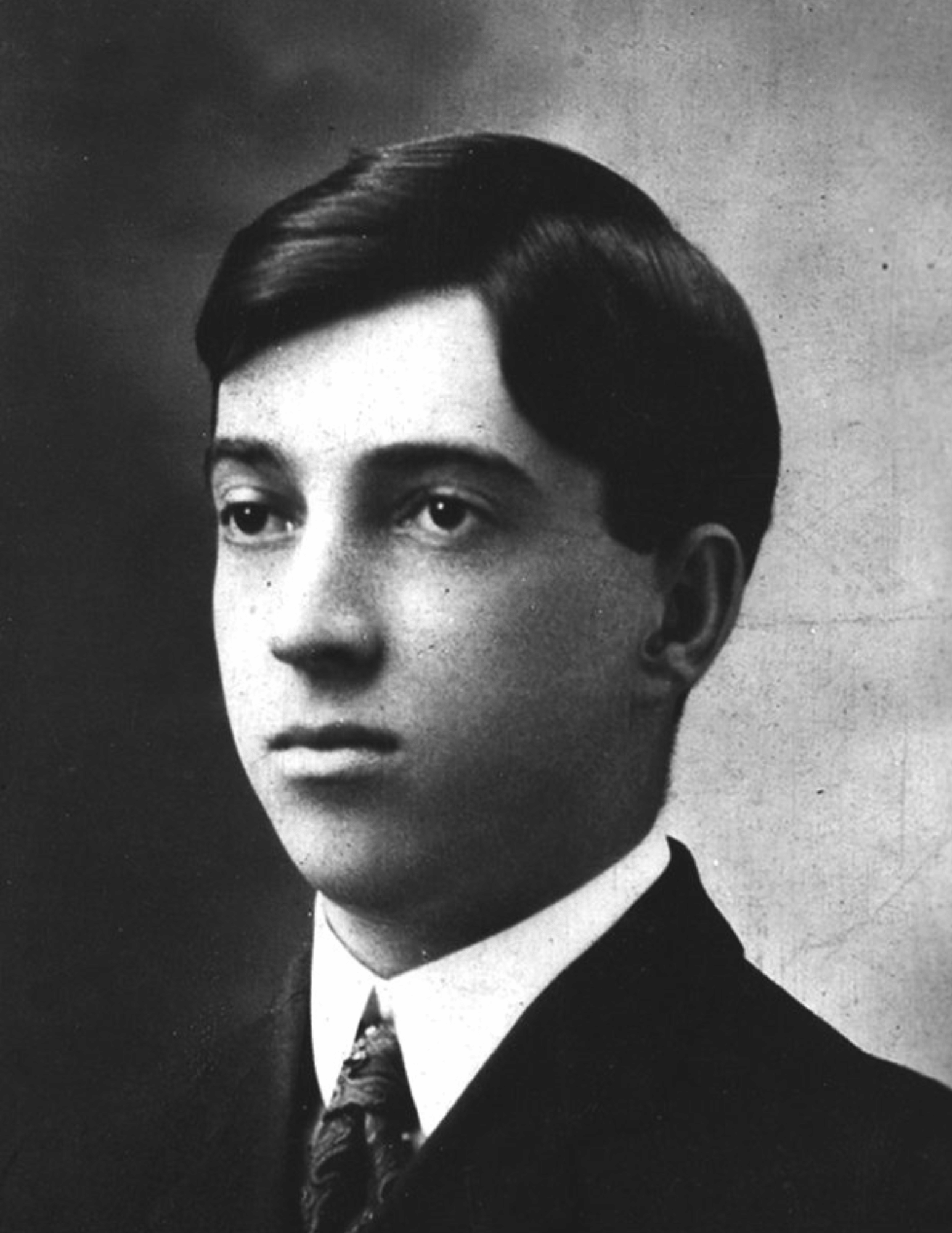The History of Phi Kappa Tau
Founded in 1906, Phi Kappa Tau was created to embody all the positive aspects of fraternity life while rejecting the exclusivity and negative practices of the time. Through brotherhood, leadership, and service, it continues to inspire members to live with purpose and integrity.
The Founding of Phi Kappa Tau
On March 17, 1906, 21 men met in the Union Literary Society Hall at Miami University’s Old Main Building to form the Non-Fraternity Association. This organization emerged as a response to the dominance of “The Ring,” a coalition of three fraternities—Beta Theta Pi, Delta Kappa Epsilon, and Sigma Chi—that controlled campus life. The founders sought to create a space where character, not status, determined membership.
The March 1905 track meet was a turning point. Fraternity collaboration excluded non-fraternity men from victory, highlighting the need for representation and fairness. The Non-Fraternity Association evolved into Phi Kappa Tau by 1916, representing a commitment to democracy, ethical leadership, and brotherhood.
The Founders

Taylor A. Borradaile
The first president of the Non-Fraternity Association, Borradaile united diverse groups to challenge “The Ring” and advocated for the fraternity’s mission.

Clinton D. Boyd
A track athlete and lawyer, Boyd expanded the fraternity nationally and exemplified ethical leadership through his career as a judge.

Dwight I. Douglass
The elder founder, Douglass organized alliances and represented non-fraternity men at pivotal meetings, helping establish the NFA.

William H. Shideler
A world-renowned geologist, Shideler held almost every national position and exemplified a lifelong commitment to learning.
The Three Founding Principles
Since the first Membership Manual was compiled by National Secretary Richard J. Young in 1934, Phi Kappa Tau has emphasized three core characteristics that guided its Founders:
Innate Worth of the Individual as a Qualification for Membership
Membership in Phi Kappa Tau is based on a person's inherent qualities and character, rather than external factors like wealth, social standing, or affiliations. This principle ensures that each member is valued for who they are at their core.
Democratic Nature of the Organization
Phi Kappa Tau was built on a foundation of equality, where all members are treated fairly and given a voice in the organization. This democratic ethos directly responded to the exclusive and elitist fraternities that comprised “The Ring” at Miami University. The Founders sought fair and equitable treatment for all, which became a cornerstone of the fraternity’s identity.
Spiritual Ideals
While often misunderstood, the phrase "spiritual ideals" referred not to sectarian religious beliefs, but to broader principles of the Judeo-Christian ethic, such as the Golden Rule: "Do unto others as you would have others do unto you." It emphasized a moral sense of right and wrong, ethical behavior, and integrity.
Many have mistakenly believed this characteristic implied Phi Kappa Tau was founded as a religious organization. However, Phi Kappa Tau has always been inclusive, welcoming members from various faiths.
Transforming into Phi Kappa Tau
Originally named the Non-Fraternity Association, and later Phrenocon, the organization faced challenges with its identity. In 1916, it adopted the name Phi Kappa Tau, marking its evolution into a Greek-letter fraternity. The transition reflected a commitment to blending tradition with a forward-thinking mission, solidifying its place in Greek life.
A Legacy of Leadership and Service
Phi Kappa Tau has grown into a nationwide organization, continuing to uphold the ideals of its founders. Its members are leaders, scholars, and community builders, united by a shared commitment to excellence and ethical values. The fraternity’s history serves as a beacon, inspiring future generations to live with purpose and distinction.